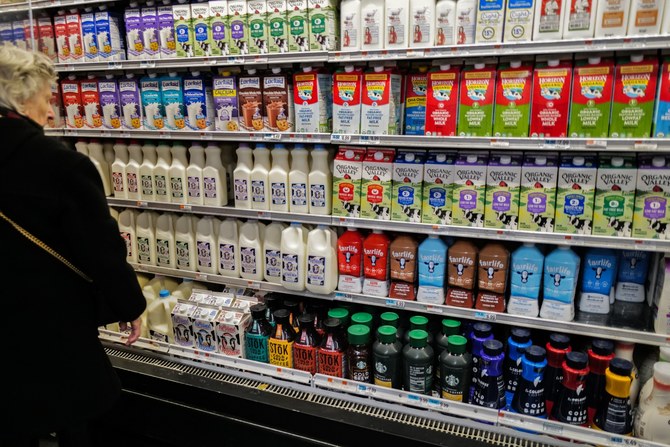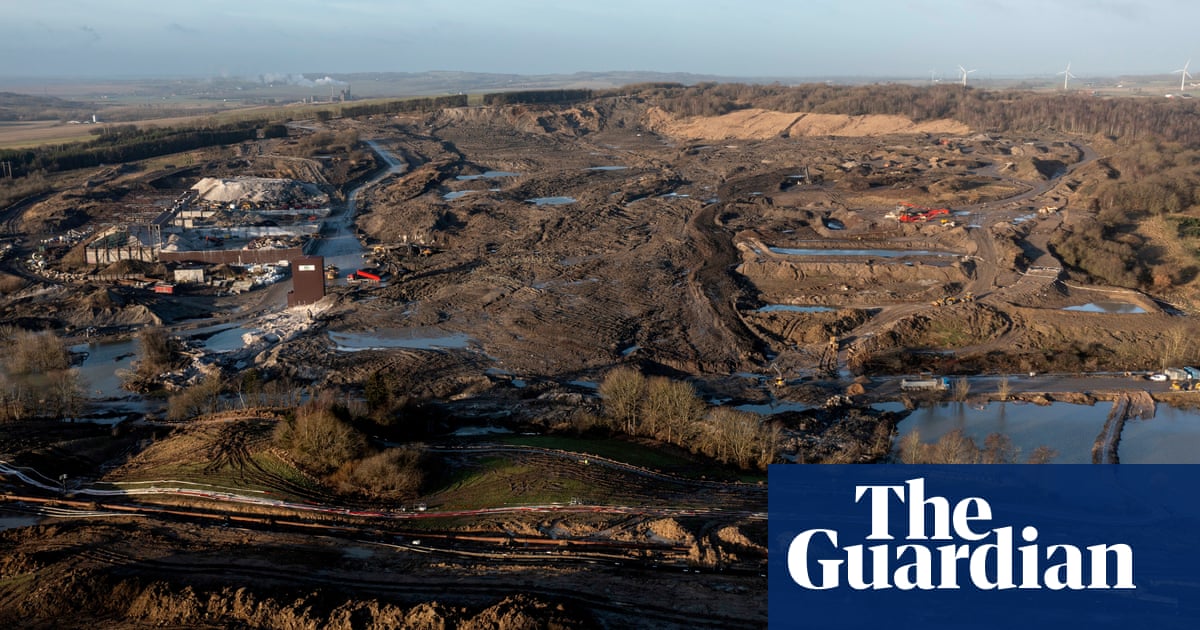
In the wake of the surge in inflation seen in recent years, the economic landscape in the US is undergoing a seismic shift, one marked by escalating prices and dwindling purchasing power for millions of Americans. Despite the Biden administration’s assurances of swift action and effective policy implementation, the reality on the ground paints a grim picture of economic distress and uncertainty. From the aisles of grocery stores to monthly energy bills, the cost of living continues to soar, leaving families grappling to make ends meet and casting doubt on the government’s ability to effectively address this pressing issue.
Once a manageable concern, inflation has spiraled out of control since the COVID-19 pandemic, reaching levels not witnessed in decades. Annual inflation in the US has averaged more than 5 percent since 2021. Meanwhile, consumer prices have surged once more, jumping by 3.5 percent for the 12-month period ending in March, as indicated by the latest Consumer Price Index figures. Basic necessities such as food and shelter have become increasingly unaffordable for many, exacerbating financial hardships and widening the gap between the haves and the have-nots.
The impact of inflation is perhaps most acutely felt in the price of groceries, with the cost of essential food items having skyrocketed, placing an immense strain on household budgets. Families across the country find themselves struggling with the harsh reality of choosing between putting food on the table and meeting other financial obligations. The rising cost of food has disproportionately affected low-income households, exacerbating food insecurity and pushing vulnerable populations further into poverty.
The ability of working families and individuals to make ends meet has become increasingly precarious
Dalia Al-Aqidi
But the burden of inflation extends far beyond the grocery store. The cost of energy, from gasoline to electricity, has also surged, further squeezing already stretched budgets and compounding the financial strain on households. With high gas prices and utility bills soaring, the ability of working families and individuals to make ends meet has become increasingly precarious. Commutes to work have become prohibitively expensive, while the heating and cooling of homes has become a luxury that many can no longer afford.
Despite assurances of effective governance and a commitment to addressing the nation’s economic challenges, the Biden administration’s response to the inflation crisis has been woefully inadequate. In spite of campaign promises to tackle inflation head-on and deliver relief to struggling Americans, the White House has failed to implement effective measures to address the root causes of the crisis. Instead of enacting policies to rein in inflation and alleviate the financial burden on households, the White House has pursued reckless spending initiatives that have only exacerbated the problem.
The Build Back Better agenda, touted as a solution to America’s economic woes, has only contributed to inflationary pressures, rapidly increasing government spending and further fueling inflationary expectations. While promising much-needed investment in the nation’s crumbling infrastructure, the massive package comes at a steep cost to taxpayers.
Rather than addressing the immediate needs of struggling Americans, the administration has prioritized partisan agendas over pragmatic solutions, leaving millions to suffer the consequences.
Furthermore, the Federal Reserve’s monetary policies have only compounded the problem, with loose monetary policy fueling inflationary pressures and eroding citizens’ purchasing power. Despite warnings from economists and policymakers, the Fed has remained steadfast in its commitment to maintaining accommodative policies, further stoking inflationary fears and undermining confidence in the economy.
The Biden administration must take decisive action to address the crisis and provide relief to struggling Americans
Dalia Al-Aqidi
As the cost of living continues to rise and inflationary pressures show no signs of abating, the Biden administration must take decisive action to address the crisis and provide relief to struggling Americans. This requires a comprehensive approach that includes targeted fiscal measures to support households and businesses and prudent monetary policies to rein in inflationary pressures and restore economic confidence.
First and foremost, the administration must prioritize policies that directly address the root causes of inflation, including supply chain disruptions, labor shortages and rising production costs. This may require targeted interventions to support key industries and alleviate bottlenecks in the supply chain, as well as initiatives to boost productivity and incentivize labor force participation.
Second, the administration must reassess its spending priorities and focus on initiatives that deliver tangible benefits to the American people without exacerbating inflationary pressures. This step may require scaling back on ambitious spending proposals and redirecting resources.
Third, the Federal Reserve must adopt a more hawkish stance toward monetary policy and take decisive action to rein in inflationary pressures. It must tighten monetary policy to reduce inflationary expectations and restore economic confidence. Additionally, the Fed must communicate its policy intentions clearly and transparently to avoid further exacerbating uncertainty and volatility in financial markets.
The American dream, once a beacon of hope and opportunity, now stands threatened by the harsh realities of inflation. The dream of homeownership and financial stability has become increasingly elusive for young professionals striving to carve out a future for themselves and their families. The soaring cost of living, marked by escalating rent prices and stagnant wages, has left many struggling in an economy that seems stacked against them.
It is clear that inflation has emerged as a defining issue that could shape the outcome of this year’s elections. According to the latest Wall Street Journal poll of swing states, 74 percent of respondents believe that inflation has moved in the wrong direction over the past year. This is a sentiment echoed across the country, as families grapple with the relentless squeeze on their budgets and wonder whether their elected leaders genuinely understand the challenges they face.
Inflation has become more than just a policy issue; it is a tangible threat to the aspirations and livelihoods of millions of Americans.
Dalia Al-Aqidi is executive director at the American Center for Counter Extremism.












